28 Best Foods for Dengue for Faster Recovery
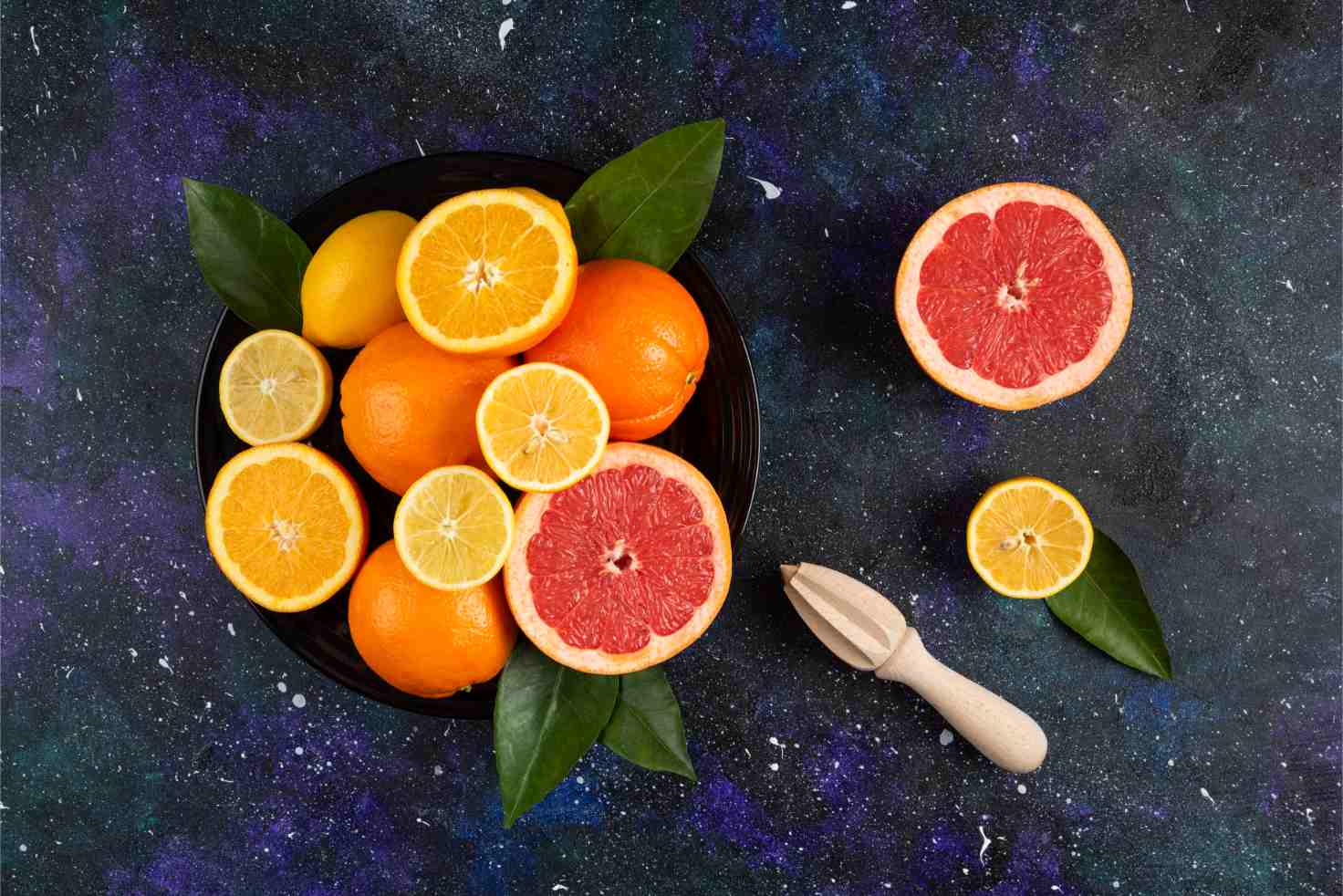
India has witnessed a surge in dengue casualties in recent times. The break bone fever exhibits symptoms like hemorrhagic fever, headache, muscle and joint pain and skin rashes. Another critical sign measuring the severity of the fever is low platelet count which hampers the immune system.
Apart from proper medications and rest, a probable solution includes a few food items in a daily diet to accelerate the recovery process. By incorporating specific foods known for their therapeutic properties, patients can potentially experience a smoother and more efficient recovery from dengue fever.

Table of Contents

What is Dengue?
Dengue is a mosquito-borne viral infection that causes severe flu-like illness. It spreads primarily through the Aedes aegypti mosquito, which is prevalent in tropical regions. Dengue can lead to severe complications such as dengue hemorrhagic fever. Both nutrients are crucial for recovery during illness, aiding overall health and energy.
Proteins are essential for repairing body tissues and boosting the immune system. Iron is vital for producing haemoglobin, which carries oxygen in the blood. Consuming protein rich foods aids in muscle repair and immune function.
28 Best Foods for Dengue
Dengue patients need a balanced diet to aid recovery and boost immunity. Medical practitioners often prescribe protein and iron-rich diets to help combat dengue fever effectively. The following food items potentially prevent anaemia and strengthen the immune system to improve platelet count.
Nevertheless, here are some food suggestions to add to the diet for dengue and their nutritional values:
List of Vegetables for Dengue
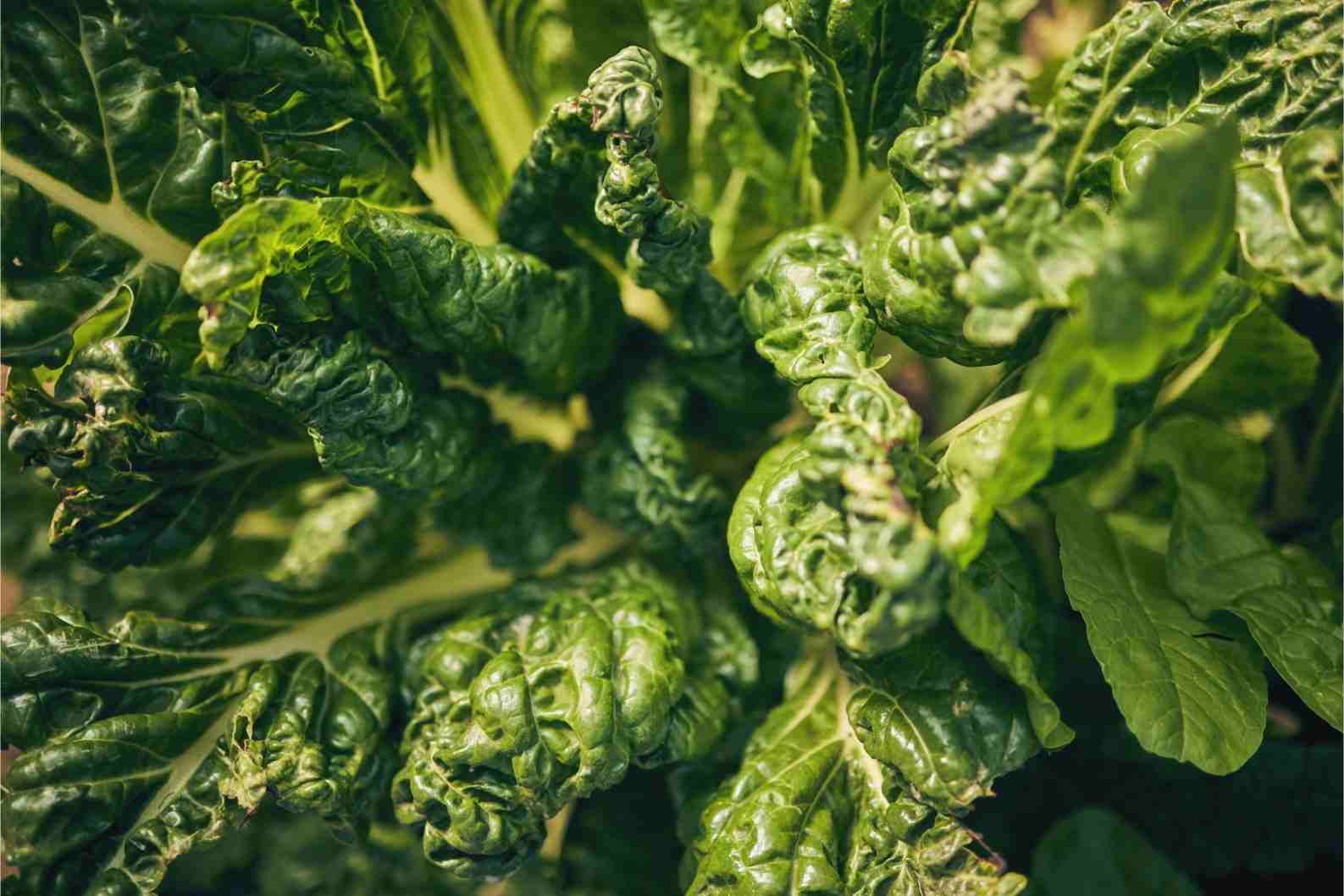
Proper nutrition is vital for dengue patients to support recovery and health. Vegetables packed with protein and iron are particularly beneficial during this period.
| SNo. | Vegetables | Description | Protein and Iron Content (per 100 g) |
| 1 | Papaya Leaves | The papaya leaves extract contains enzymes such as papain and chymopapain, essential for improving blood platelet count. | Protein: 8 g Iron: 0.5 g |
| 2 | Spinach | The green leafy vegetable is rich in iron and omega-3 fatty acids, crucial to enhancing immunity by increasing the platelet count. | Protein: 2.9 g Iron: 1.5 g |
| 3 | Broccoli | Broccoli supplies sufficient Vitamin K, a blood platelet regenerating micronutrient, making it beneficial for patients suffering from a steep fall in platelet count. Moreover, including broccoli in the daily diet provides antioxidants and other vital minerals. | Protein: 5.4 g Iron: 1.5 g |
| 4 | Garlic | Garlic is best known for its antimicrobial and antifungal properties. In addition, it cures inflammation, fever and sore throat by rooting out the toxins and harmful germs. Thus experts recommend this food for dengue recovery | Protein: 9 g Iron: 3.3 g |
| 5 | Neem leaves | Neem leaves are one of the essential foods for dengue treatment. They curb the spread and growth of the virus, courtesy of its medicinal properties. | Protein: 1.9 g Iron: 0.4 g |
| 6 | Turmeric | The anti-inflammatory properties of turmeric heal the skin rashes. Dengue patients can consume turmeric with milk to speed up recovery. | Protein: 0.5 g Iron: 2.8 g |
List of Fruits for Dengue
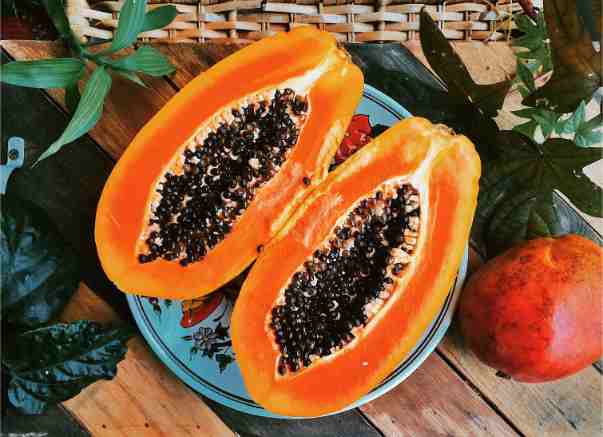
Fruits are essential for dengue patients due to their nutritional benefits. They provide vitamins, minerals, and hydration, aiding in faster recovery.
| SNo. | Fruits | Description | Protein and Iron Content (per 100 g) |
| 6 | Grapefruit | This tropical fruit is flavourful and rich in Vitamin C and antioxidants, crucial to boosting the immunity system. Moreover, it accelerates white blood cells (WBCs) count to fight the dengue infection effectively. | Protein: 0.6 g Iron: 0.2 g |
| 7 | Orange | It contains a high amount of antioxidants and Vitamin C. Hence, individuals are recommended to include this fruit to eradicate the dengue virus. | Protein: 0.4 g Iron: 0.2 g |
| 8 | Kiwi | Kiwi is loaded with Vitamins A and E and potassium that significantly balance the electrolyte levels in the body to fight hypertension and high blood pressure. Furthermore, the copper forms healthy red blood cells (RBCs) to build immunity against dengue fever. | Protein: 1.1 g Iron: 0.3 g |
| 9 | Coconut Water | One of the common fruits for dengue patients is coconut. However, as dengue dehydrates the body, doctors recommend coconut water loaded with electrolytes and vital micronutrients. | Protein: 0.8 g Iron: 0.2 g |
| 10 | Pomegranate | This food for dengue fever is known for high nutrients and minerals content vital for restoring energy. Additionally, pomegranate contains iron that is beneficial for blood. | Protein: 1.7 g Iron: 0.3 g |
| 11 | Papaya | Soft, orange, and nutrient-rich.They promote healthy digestion and ease bowel movements. | Protein: 0.5 g Iron: 0.2 g |
List of Dairy Products and Nuts for Dengue
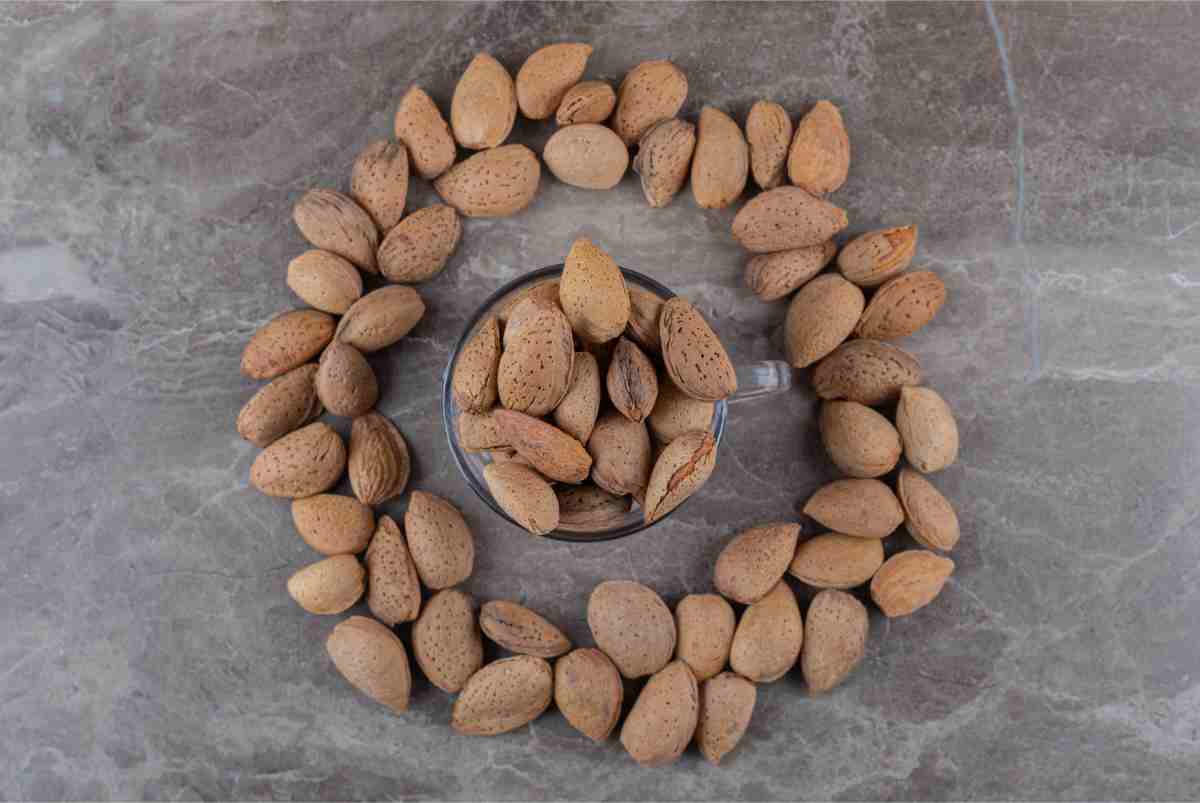
Discover various dairy products and nuts that can help alleviate dengue and support digestive health.
| SNo. | Dairy Products and Nuts | Description | Protein and Iron Content (per 100 g) |
| 12 | Milk | Dairy staple, rich in protein and essential vitamins. | Protein: 3.2 g Iron: 0.1 g |
| 13 | Yoghurt | As an effective probiotic, yoghurt is essential for stimulating the immune and digestive systems. | Protein: 24.9 g Iron: 0.3 g |
| 14 | Cheese | Dairy products are packed with protein and calcium. | Protein: 21.1 g Iron: 3.7 g |
| 15 | Raisins | Another food for dengue treatment is raisins which substantially boost the platelet count. | Protein: 18.2 g Iron: 6.7 g |
| 16 | Almonds | Almonds contain Vitamin E and other micronutrients that strengthen immunity. | Protein: 25.8 g Iron: 4.6 g |
List of Vegetarian Food for Dengue
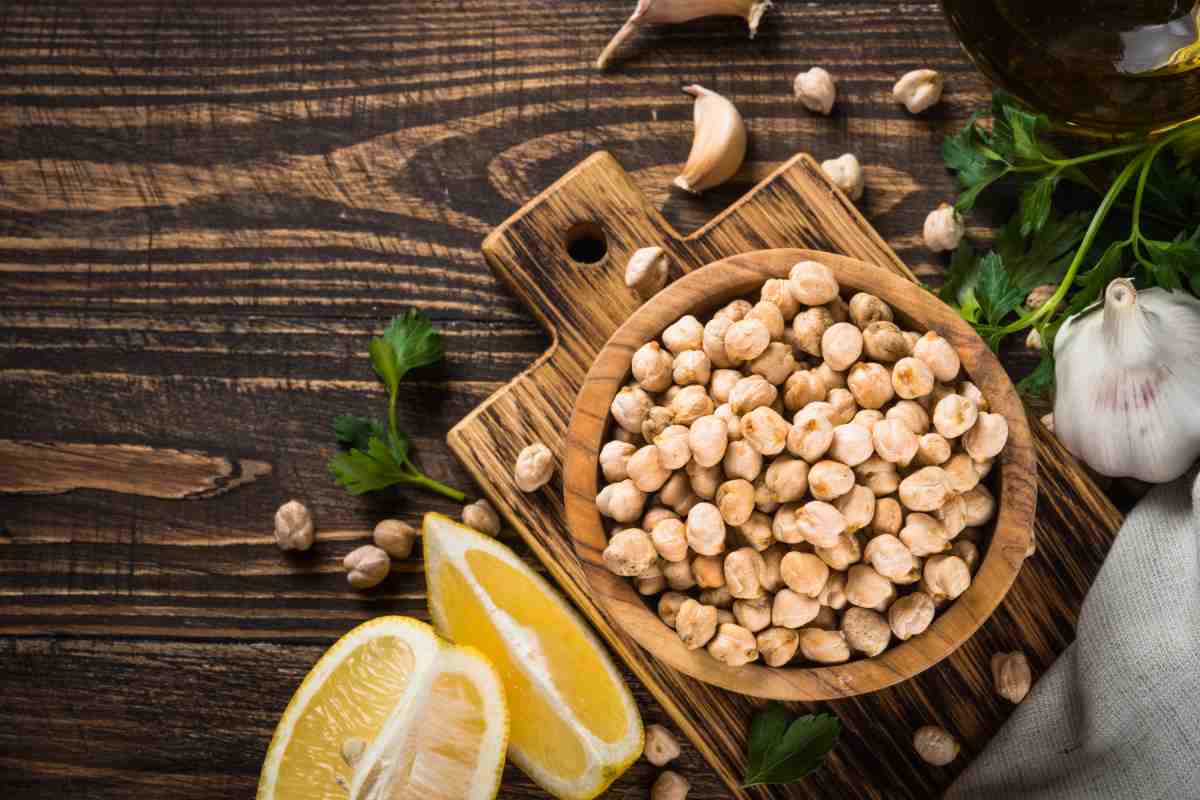
A balanced vegetarian diet is essential for dengue recovery, providing vital nutrients like protein and iron.
| SNo. | Food | Description | Protein and Iron Content (per 100 g) |
| 17 | Lentils | Rich in protein and iron, aiding in recovery. | Protein: 9 g Iron: 3.3 g |
| 18 | Fenugreek | Fenugreek or methi acts as a tranquilliser to soothe the pain and improve sleep patterns. Moreover, it stabilises high fever, a common sign of dengue. | Protein: 2.9 g Iron: 2.7 g |
| 19 | Tofu | Protein-packed alternative aiding in muscle repair. | Protein: 8.1 g Iron: 5.4 g |
| 20 | Chia Seeds | Protein rich legumes aiding in strength and recovery. | Protein: 8.9 g Iron: 2.9 g |
| 21 | Quinoa | Protein and iron powerhouse supporting healing. | Protein: 4.4 g Iron: 4.6 g |
List of Non-Vegetarian Foods for Dengue
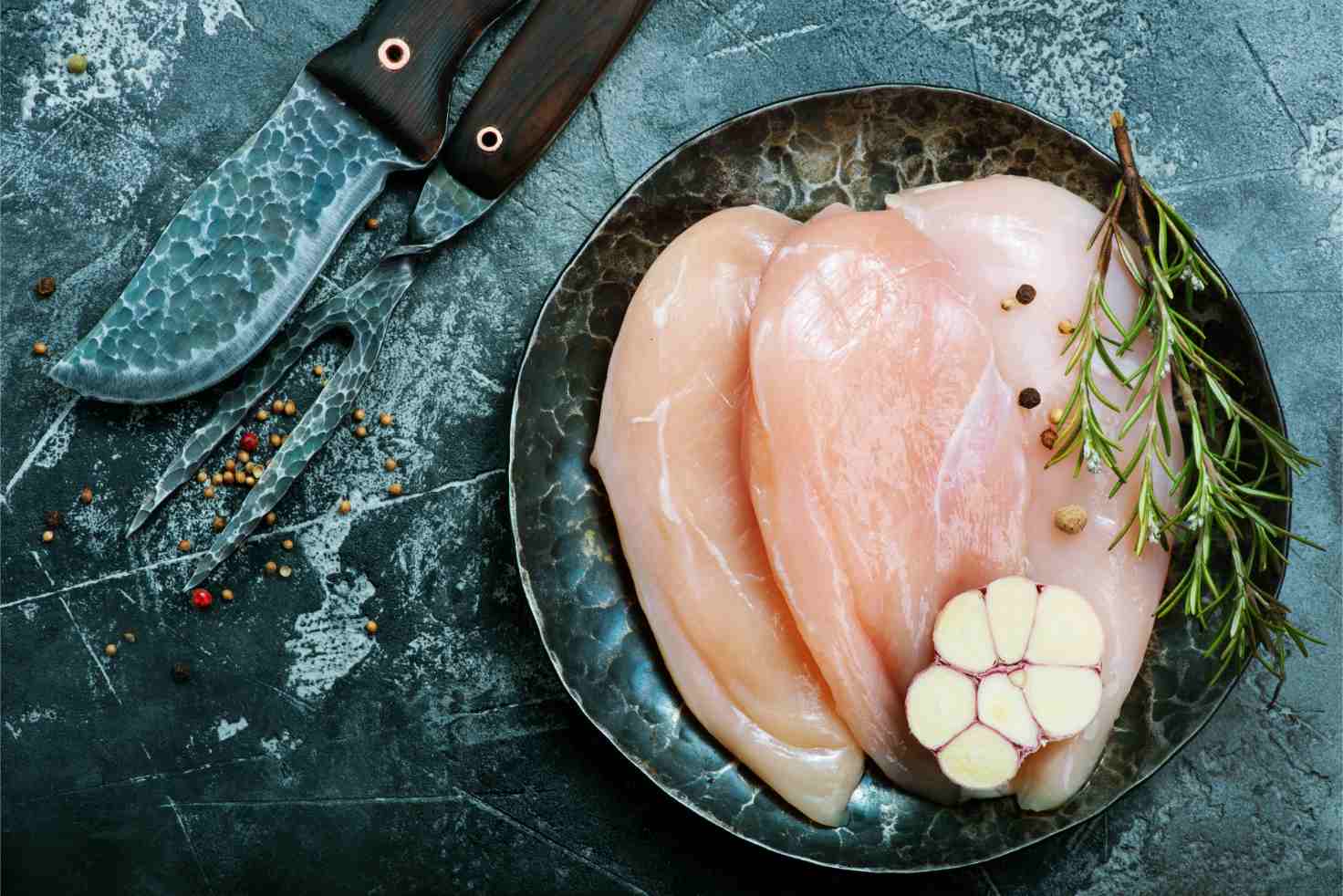
Boost your protein intake while combating dengue with these non-vegetarian options, packed with essential nutrients for digestive health.
| SNo. | Food | Description | Protein and Iron Content (per 100 g) |
| 22 | Chicken Breast | Lean protein source, easy to digest. | Protein: 31.0 g Iron: 1.3 g |
| 23 | Fish | Rich in omega-3 fatty acids, high in protein. | Protein: 20.4g Iron: 0.5 g |
| 24 | Beef | Provides ample protein for energy. | Protein: 36.7 g Iron: 2.5 g |
| 25 | Turkey | Low-fat protein option, aids muscle repair. | Protein: 29.1 g Iron: 1.4 g |
| 26 | Duck | Provides iron and essential amino acids. | Protein: 20.8 g Iron: 2.3 g |
| 27 | Quail | Delicate meat option, rich in protein. | Protein: 25.9 g Iron: 3.6 g |
| 28 | Eggs | Versatile protein source, rich in nutrients. | Protein: 12.6 g Iron: 1.8 g |
Useful Tools to Track Your Health
Causes of Dengue
Dengue, a viral illness, is primarily caused by the dengue virus transmitted through Aedes mosquitoes. Here are some other causes of dengue:
- Viral Transmission: Mosquitoes become carriers after biting infected humans. The virus replicates within the mosquito's body, ready for transmission. Transmission occurs when infected mosquitoes bite uninfected individuals, passing the virus.
- Aedes Mosquito: Aedes aegypti and Aedes albopictus are the primary vectors. These mosquitoes thrive in tropical and subtropical climates. They are aggressive daytime feeders, increasing the risk of transmission.
- Viral Strains: Each strain can cause symptoms from mild to severe. Co-circulation of multiple strains in an area can complicate diagnosis and treatment. Genetic variations in strains may impact disease severity.
- Urbanisation and Climate Change: Urban environments provide ample breeding sites, such as discarded containers. Climate change extends the geographic range of Aedes mosquitoes. Higher temperatures accelerate mosquito breeding cycles, increasing dengue risk.
- Global Travel: Travelers from endemic regions can introduce the virus to new areas, and a lack of immunity in these areas can lead to outbreaks. International trade facilitates the movement of infected mosquitoes and larvae.
- Lack of Effective Mosquito Control: Inadequate sanitation and waste management contribute to mosquito breeding. Resistance to insecticides hampers control efforts. Weak surveillance systems hinder early detection and response.
- Environmental Factors: Rainfall creates breeding sites in containers, tyres, and gutters. Poor drainage systems exacerbate water stagnation issues. Deforestation and urban expansion alter mosquito habitats, increasing transmission risk.
- Immune Status: Prior exposure to dengue may lead to partial immunity to specific strains. Immune status affects the severity of subsequent infections. Cross-immunity between different dengue strains can influence disease outcomes.
Symptoms of Dengue
Dengue manifests with a range of symptoms, often resembling flu-like illness. Recognising these symptoms promptly is crucial for timely medical intervention and management.
- Muscle and Joint Pain: Intense muscle and joint pain, earning dengue the nickname breakbone fever. Pain typically affects the lower back, arms, legs, and joints. Pain severity varies but can be debilitating.
- Rash and Skin Symptoms: A maculopapular rash appears, often starting on the torso and spreading. Red, flushed skin, particularly on the face, may develop. Petechiae (small, red or purple spots) may also develop on the skin.
- Other Possible Symptoms: Fatigue and weakness persisting after fever resolves. Swollen lymph nodes. Respiratory symptoms such as coughing may occur in some cases.
- Hemorrhagic Symptoms: In severe cases, Dengue Hemorrhagic Fever (DHF) or Dengue Shock Syndrome (DSS) may develop. Symptoms include bleeding from the nose or gums, easy bruising, and blood in vomit or stool.
These symptoms may vary in severity and overlap with other illnesses, making diagnosis challenging. Early detection and medical care are crucial to managing dengue effectively and preventing complications.
How to Maintain a Healthy Diet for Dengue?
Maintaining a healthy diet during dengue fever is vital for supporting the body's immune response and promoting recovery. A well-balanced diet can alleviate symptoms, reduce the severity of the illness, and contribute to a faster recovery.
- Balanced Diet: Eat a well-balanced diet with fruits, vegetables, whole grains, and healthy fats. Avoid excessive sugary, fatty, or processed foods that can weaken immunity.
- Nutrient Rich foods: Focus on consuming foods high in protein, such as lean meats, eggs, tofu, and legumes.Incorporating iron rich foods like spinach, beans, lentils, and fortified cereals to support blood production.
- Avoiding Certain Foods: Avoid consuming alcohol, caffeine, and spicy or acidic foods that may aggravate symptoms. Also, avoid raw or undercooked meats and seafood to prevent foodborne illnesses.
In conclusion, a healthy diet rich in nutrients is essential during dengue fever. Consulting with healthcare professionals for personalized dietary recommendations is advisable to ensure optimal nutrition and recovery during this challenging time.
List of Foods to Avoid for Dengue Patients
Certain food items should be avoided during dengue fever to prevent exacerbating symptoms and aid recovery. These items can worsen nausea and digestive discomfort and increase the risk of complications.
| Food Item | Reasons to Avoid |
| Whole refined flour | Lacks essential nutrients needed for recovery. |
| Frozen and dried pulses | It may be difficult to digest and can exacerbate gastrointestinal symptoms. |
| Capsicum | Irritates the stomach lining and can worsen digestive issues. |
| Okra | Difficult to digest and may aggravate gastrointestinal discomfort. |
| Cream cheese | High-fat content may strain the digestive system. |
| Whole milk | Difficult to digest and can worsen nausea and vomiting. |
| Buttermilk | High-fat content and may worsen digestive discomfort. |
| Condensed milk | High sugar content can suppress immune function. |
| Clove | It may irritate the stomach lining. |
| Red meats | Difficult to digest and may increase the workload on the liver and kidneys. |
| Seafood | Risk of foodborne illness due to compromised immune system. |
| Cashew nuts | Difficult to digest and may cause gastrointestinal discomfort. |
| Peanuts | Difficult to digest and may exacerbate nausea and vomiting. |
| Mayonnaise | High fat content and risk of foodborne illness. |
| Dark chocolate | High caffeine content may exacerbate dehydration and increase heart rate. |
| Caffeinated drinks | It can lead to dehydration and worsen symptoms like fever and headache. |
Individuals can better manage their symptoms and support their body's healing process by being mindful of what not to eat. Awareness of these food items is crucial for optimizing dietary choices and promoting a smoother recovery from dengue fever.
Side Effects of an Unhealthy Diet for Dengue
An unhealthy diet can aggravate dengue and increase the pressure on the abdomen, leading to discomfort and bloat. Here are some side effects of an unhealthy diet for dengue:
- Dehydration: Inadequate fluid intake worsens dehydration, exacerbating dengue symptoms like fever and fatigue.
- Nutrient Deficiency: Poor nutrition compromises immune function, hindering the body's ability to fight the virus effectively.
- Increased Severity of Symptoms: Consumption of sugary and processed foods can exacerbate inflammation and worsen symptoms such as headaches and joint pain.
- Delayed Recovery: Lack of essential nutrients slows the body's healing process, prolonging the duration of illness and recovery.
- Compromised Organ Function: Unhealthy diets high in saturated fats and refined sugars can strain organs such as the liver and kidneys, which are already stressed during dengue infection.
- Worsening of Digestive Issues: Consuming heavy, greasy foods can aggravate digestive issues such as nausea, vomiting, and diarrhoea, common symptoms of dengue fever.
- Increased Risk of Complications: Poor dietary habits may increase the risk of developing complications such as severe dengue (hemorrhagic fever or dengue shock syndrome) due to weakened immune function and compromised health.
However, it is always recommended to consult a professional medical practitioner to know more about the foods for dengue treatment. Also, patients should eat food at regular intervals and consume adequate fluids to keep the progress under control.
The incorporation of specific foods into the diet of individuals recovering from dengue can significantly enhance the recovery process. By prioritising these dietary choices, patients can experience a more rapid and robust recovery, underscoring the critical role of nutrition in managing and overcoming dengue fever.
Protect What Matters - Explore Other Insurance Options














